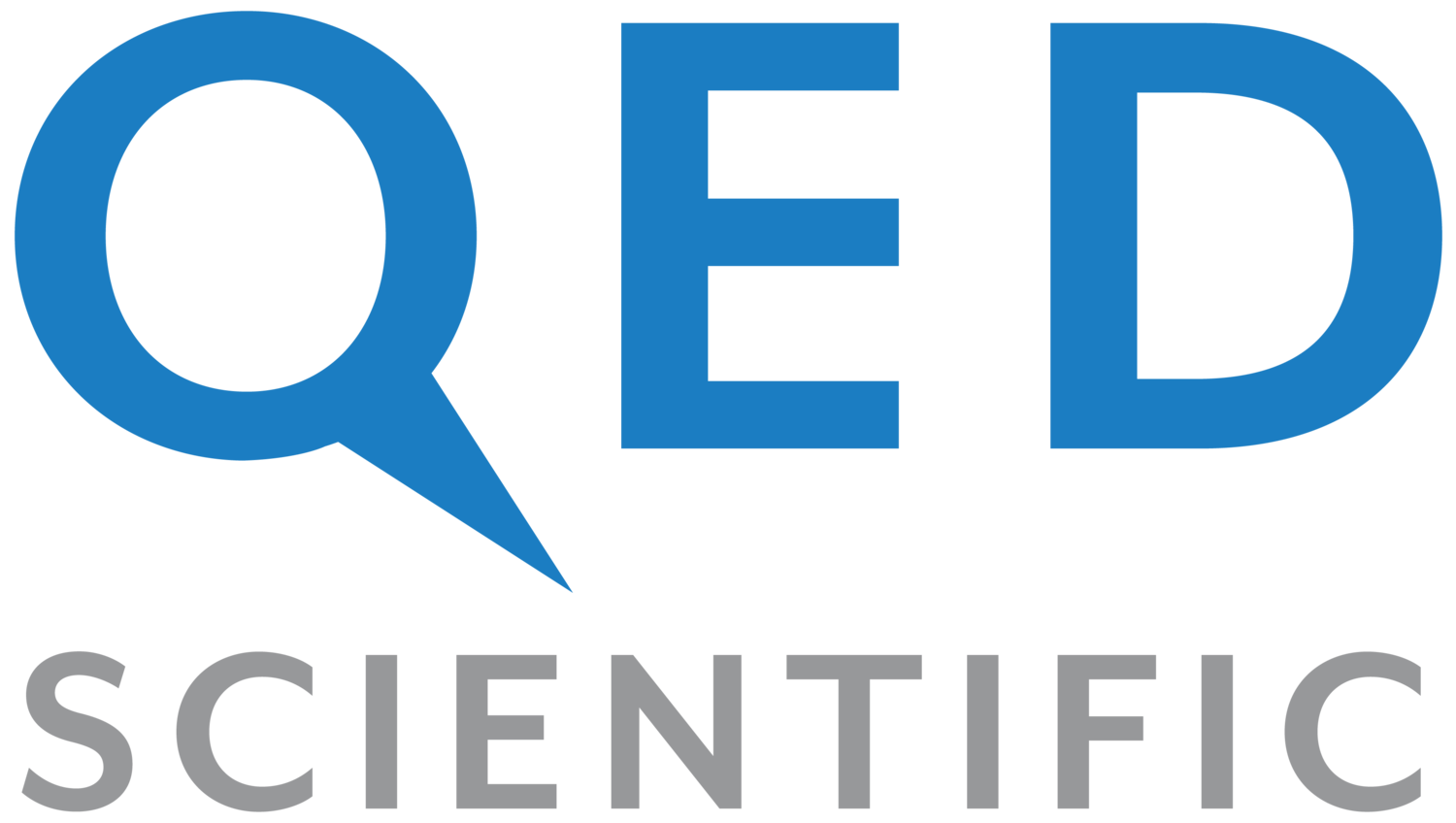The importance of neonatal incubators
Babies with serious health problems, or those who are born prematurely, may need to spend some time in a neonatal incubator.
There are many reasons why a newborn baby may need a neonatal incubator, for example:
if their mother had gestational diabetes
infection
a traumatic or lengthy labour
struggling to regulate and maintain body temperature
breathing issues
low birth weight
Each baby will have different needs, and to accommodate this variety of care requirements, every NICU, delivery suite and maternity ward must have a wide range of sophisticated equipment, including neonatal incubators.
In this blog, we will discuss the purpose of neonatal incubators and what makes them such an essential resource for any hospital treating newborns.
What is the purpose of neonatal incubators?
Newborn babies, especially those who are born prematurely, can be prone to hypothermia as they have difficulty in regulating their own body temperature due to their lack of body fat.
Hypothermia in neonates can lead to many harmful complications. These include low tissue oxygen, breathing difficulties, hypoglycaemia, excessive calorie loss and impaired growth.
Neonatal incubators prevent hypothermia
The primary purpose of neonatal incubators is to ensure that the temperature of newborn babies is kept within the optimal range, preventing hypothermia and its associated complications.
Here at QED Scientific, we supply advanced neonatal incubators, which allow the temperature to be controlled either manually or through automatic adjustments based on fluctuations in the baby’s temperature.
Neonatal incubators provide humidity
In addition to regulating the infant’s body temperature, neonatal incubators provide humidity, which can help to maintain the integrity of their delicate skin.
Neonatal incubators reduce noise and light
Newborn babies need a lot of sleep, and require that stress be kept to a minimum. Excessive noise and light can be commonplace in hospitals, with loud monitors and general commotion often spiking the blood pressure and stress levels of neonates.
Neonatal incubators help to shield babies from these loud noises and bright lights, allowing them to get the rest they need to grow and develop.
Neonatal incubators provide a sterile environment
Newborns are obviously highly susceptible to illness and infection, as their immune systems haven’t yet fully developed. Neonatal incubators provide a sterile environment to protect neonates from harmful germs and allergens.
Types of neonatal incubator
In summary, neonatal incubators create an ideal, controlled environment that allows easy observation and access, in addition to promoting the growth and development of newborn babies.
Here at QED Scientific, we supply two types of neonatal incubator. These are the OKM801 Infant Incubator and the TR203 Transport Incubator. Click on the links provided for the specifications of each model.
Get in touch
To speak with an expert about the benefits of purchasing our advanced neonatal incubators for your NICU, don’t hesitate to get in touch with our knowledgeable team.
You can give us a call on 01663 735494 or send us a message using our online contact form and we’ll get back to you with a well-informed response as soon as possible.

